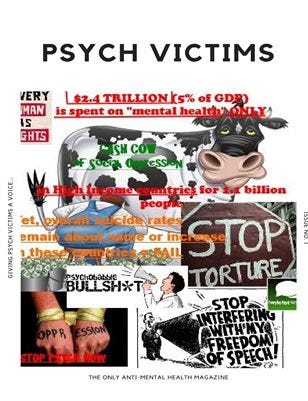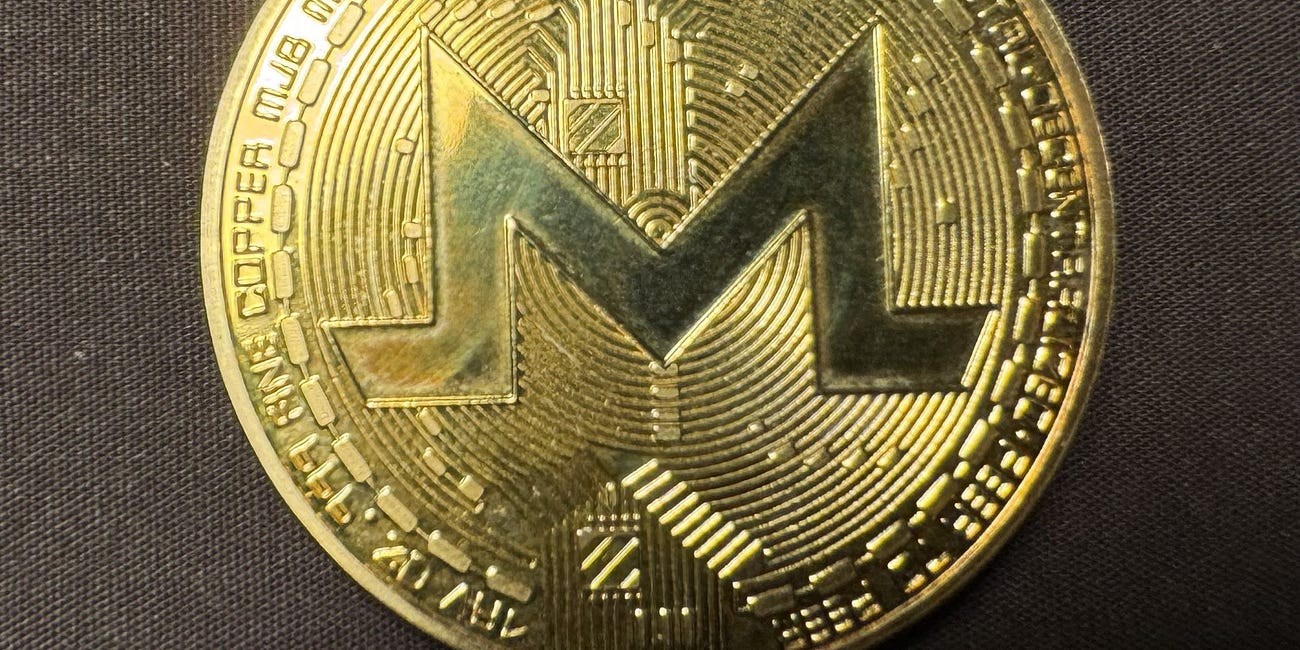Financial Survival in a Broken System
How Monero Offers a Lifeline to the Vulnerable
When people talk about cryptocurrency, the conversation often revolves around investment portfolios, NFTs, and Lamborghini dreams. It’s a world of speculation and high finance that feels a million miles away from the struggles of everyday people just trying to make ends meet.
But what if a cryptocurrency wasn’t about getting rich, but simply about surviving? What if its primary value wasn’t in its price, but in its privacy?
This is the reality for a growing number of people trapped between a rock and a hard place by well-intentioned but often draconian government systems. For those facing crippling child support payments or the sudden loss of essential benefits, privacy-focused cryptocurrencies like Monero (XMR) aren’t a luxury—they’re a potential lifeline.
Video cred: @ gialloxmr via Twitter.
The Trap of “All or Nothing” Government Assistance
Programs like SNAP (food stamps), Medicaid, and housing assistance are designed to be a safety net. But this net has gaping holes, and one of the biggest is the “benefits cliff.”
Imagine a single parent who lands a few extra hours of work or takes on a side gig to put better food on the table. If they report this extra income—as they are legally required to do—they risk having their benefits slashed or eliminated entirely. The loss of health insurance or food assistance can easily outweigh the marginal gain from the extra work, effectively punishing them for trying to get ahead.
This creates an impossible choice: be transparent and risk your family’s stability, or find a way to earn that extra money “off the books.” For many, the informal cash economy is the only answer. But in an increasingly digital world, cash isn’t always an option.
The Stranglehold of Unjust Child Support
The child support system, while crucial for supporting children, can be fundamentally broken for the non-custodial parent, often the father. Calculations aren’t always fair, and modifications are notoriously slow and difficult to obtain. A person can be ordered to pay an amount that is mathematically impossible based on their income, leading to:
Mounting arrears (back-due payments) that accrue interest.
Suspended driver’s licenses, making it impossible to get to work.
Wage garnishment at unsustainable levels.
Jail time for non-payment, which destroys employment and only deepens the crisis.
In this situation, any extra income earned through a second job or side hustle is immediately visible and vulnerable to seizure. The system disincentivizes the very hard work needed to dig oneself out of the hole.
Where Monero Comes In: Digital Privacy as a Human Right
This is where Monero changes the game. Unlike Bitcoin or Ethereum, which have transparent blockchains, Monero is built from the ground up to be private, fungible, and untraceable.
It’s Private: Monero obscures the sender, receiver, and amount of every transaction. To the outside world—including government agencies—a Monero transaction is invisible.
It’s Fungible: One Monero is always equal to another. Because its history is private, it can’t be blacklisted or “tainted” by a previous transaction. The money you receive is just money, no questions asked.
So, how does this translate to real-world help?
Scenario 1: Preserving Essential Benefits
A parent can take on freelance work online—writing, design, coding, consulting—and be paid in Monero. This income is not reported on a traditional bank statement. It remains private, allowing the family to cover unexpected expenses like car repairs or school supplies without triggering a devastating reassessment of their benefits. This isn’t about fraud; it’s about creating a small buffer for survival without being penalized.
Scenario 2: Managing Child Support Payments
A non-custodial parent, already working a primary job that is properly reported, can use a side income in Monero to actually live. They can pay for their own rent, groceries, and gas, allowing them to stay stable, employed, and better positioned to eventually meet their obligations. It prevents them from becoming completely destitute and unable to work at all. Furthermore, if they choose, they can use a portion of those private funds to make direct, in-kind contributions for their child (e.g., buying groceries, clothes, or paying for extracurricular activities) that directly support their well-being outside the oppressive official system.
Important Considerations and Ethical Warnings
It is critical to state this clearly: This is not legal advice. We are discussing the technological capabilities of a tool, not providing a guide for illegal activity.
Know the Law: Intentionally hiding income to defraud a government agency is illegal and can have serious consequences.
The Cash Parallel: Monero, in this context, functions as a digital form of cash. The ethical and legal considerations are similar to being paid in cash for a side job.
Practical Challenges: Using Monero requires a learning curve. You need to understand wallets, security, and how to convert it to local currency if needed, often through peer-to-peer (P2P) exchanges to maintain privacy.
A Tool for Dignity in an Overreaching System
The core issue isn’t that people don’t want to be honest. The issue is that the systems designed to help are often so rigid and punitive that they strip individuals of their autonomy and dignity.
Monero offers something profound: financial agency. It gives people the ability to make a choice, to breathe, and to provide for their families in the face of a system that often seems designed to keep them down.
For those caught in this impossible bind, Monero isn’t about hiding from responsibility. It’s about surviving long enough to eventually meet it.
Disclaimer: The author and publisher of this blog is not a financial advisor or a legal expert. The information presented is for educational and philosophical discussion only. You are responsible for understanding and complying with the laws in your jurisdiction.
I have switched to Tuta, the world’s most secure email service, easy to use, open-source and private by design. It’s ad-free and powered by 100% renewable electricity.
Psych Victims
By Daniel Brummitt in Psych Victims
12 pages, published 2/9/2019
The Everyday Psych Victims Project catalogues victimization by the “mental health” field experienced by millions of people daily.
Big Brother in a Box:
You carry a powerful tracking device in your pocket every day. It’s your cell phone. While we often worry about app permissions and social media privacy, a more stealthy and physical threat has evolved significantly: the Cell Site Simulator.
New IRS $600 Rule hurts the poor and could bottom out the USD.
Once again, I’m at a crossroads with my career never getting lifted off the ground.
How to Protect Your Data from Meta's AI Training
⚠️ Important Update: The deadline for EU users to object to Meta using their public content for AI training has passed (June 26, 2024). However, you can still take action to protect your privacy.









